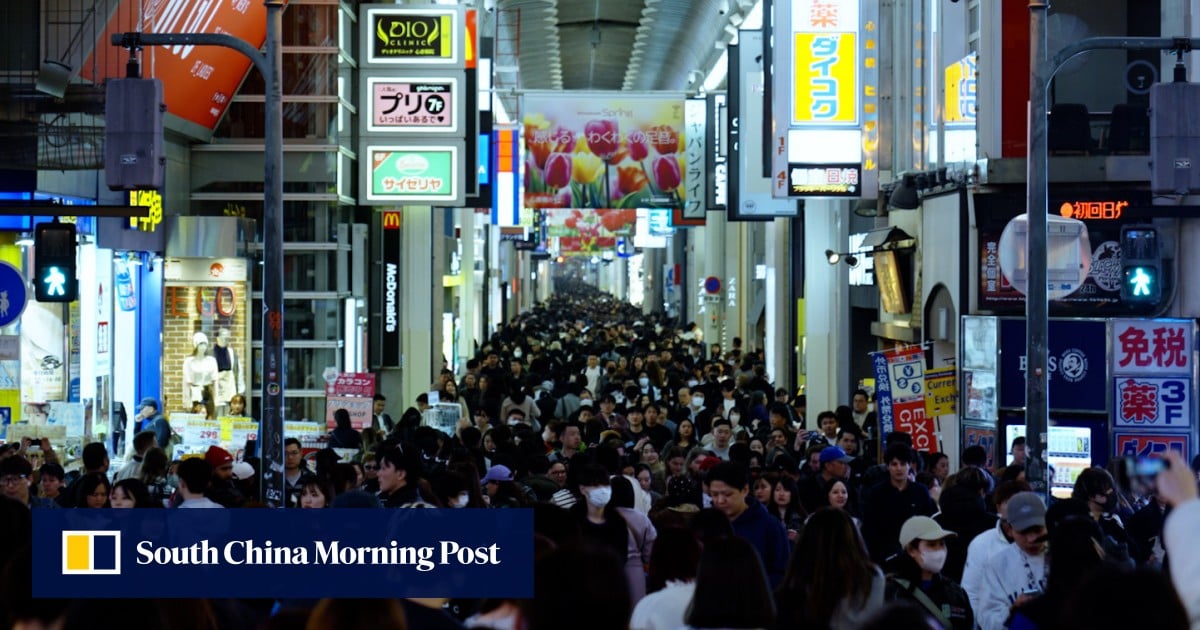
"Until recently, Lin Lo commuted daily to her nine-to-five office job in Melbourne, Australia. Any big travel plans often consisted of visiting her home in Taiwan every two to three years. The digital marketer's company, however, has now ditched its office in favour of a co-working space. "Once they said we were allowed to work remotely, the first thing I thought was, 'Where could I go?'" Lo said."
"She decided on a two-week "workcation" in Tokyo, Japan, allowing herself a slower pace of travel compared to her typical hectic schedule as a tourist. "I get to do sneaky lunch breaks that allow me to explore the city a bit more, try different restaurants, do a little shopping," she said. Since the Covid-19 pandemic, remote work has grown exponentially. The World Economic Forum predicts a roughly 25 per cent surge in the number of remote jobs to 92 million by 2030."
Local authorities across Japan are increasing efforts to attract digital nomads as a potential solution to overcrowded tourist hubs. Remote workers can take longer, slower-paced stays, blending work with exploration and supporting local businesses outside peak tourist routes. Companies shifting to remote or hybrid models enable employees to undertake "workcations," extending visits and spending in host communities. Remote work has grown markedly since the Covid-19 pandemic, and projections foresee substantial expansion of remote jobs by 2030. Authorities aim to leverage this trend to relieve pressure on major cities and spread economic benefits to regional areas.
Read at South China Morning Post
Unable to calculate read time
Collection
[
|
...
]